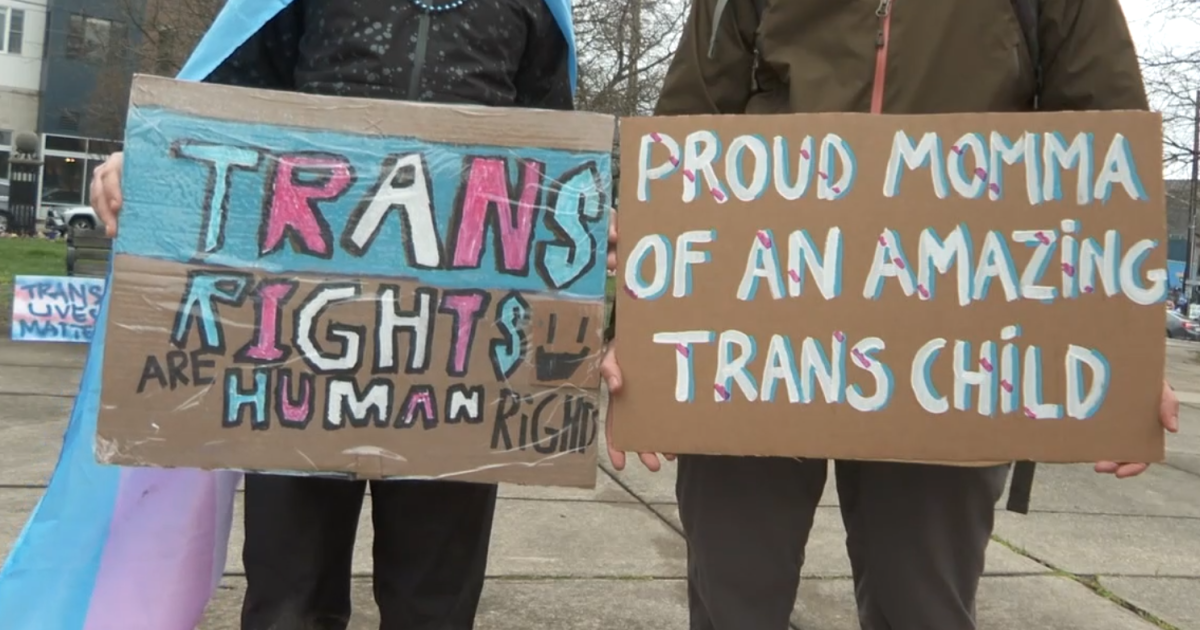
CINCINNATI — The confusion around what care transgender youth will soon be able to receive and what care providers can give took center stage at a town hall called by Cincinnati City Councilman Reggie Harris Thursday night.
Harris called on the city’s legal department, Equality Ohio and the National Association of Social Workers to break down portions of House Bill 68, a law passed by Ohio’s legislature banning gender-affirming care for minors and transgender women’s participation in women’s sports.
Nick Zingarelli said the town hall was also called for people like him. He said his daughter is trans.
“We became advocates for her as soon as she came out,” Zingarelli said.
Zingarelli said his daughter is safe from the ban on gender-affirming care because she had begun receiving care before its passage and is, therefore, grandfathered in.
“But for the grace of God it could have been her,” he said. “And there are too many others that are impacted and we are going to take a stand to say this is not OK.”
Harris said while most gender-affirming care is banned for young people who hadn’t begun regiments before the April 23 enactment date, there are a lot of gray areas created for the city’s legal department and care providers once it does take effect.
“There’s a lot of things that we need to uncover that I still don’t have the answers to,” he said.

For social workers like practice associate Liam Strausbaugh, for example, the provision of gender-affirming mental health services is still legal under HB 68.
The environment around providing gender-affirming care has changed, however.
“The future is unknown, scary,” Strausbaugh said. “Little anxiety-invoking for all of us.”
He said the National Association of Social Workers is building a set of written guidelines for how providers can still provide gender-affirming mental healthcare for minors without fear of losing their ability to practice.
“People are certainly scared,” Strausbaugh said. “We’ve heard from a lot of providers about either leaving the state or not working with any youth in case any youth gender issues come up.”
NASW’s development of written guidelines will be followed by the rolling out of in-person day-long training sessions in all of Ohio’s 88 counties, but Strausbaugh warned that would take some time as they seek funding and organize.
Republican Gov. Mike DeWine had vetoed HB 68 citing concerns over parental rights and the impact a ban would have on children, but the Republican-dominated legislature overrode that veto.
HB 68 will take effect April 23.



